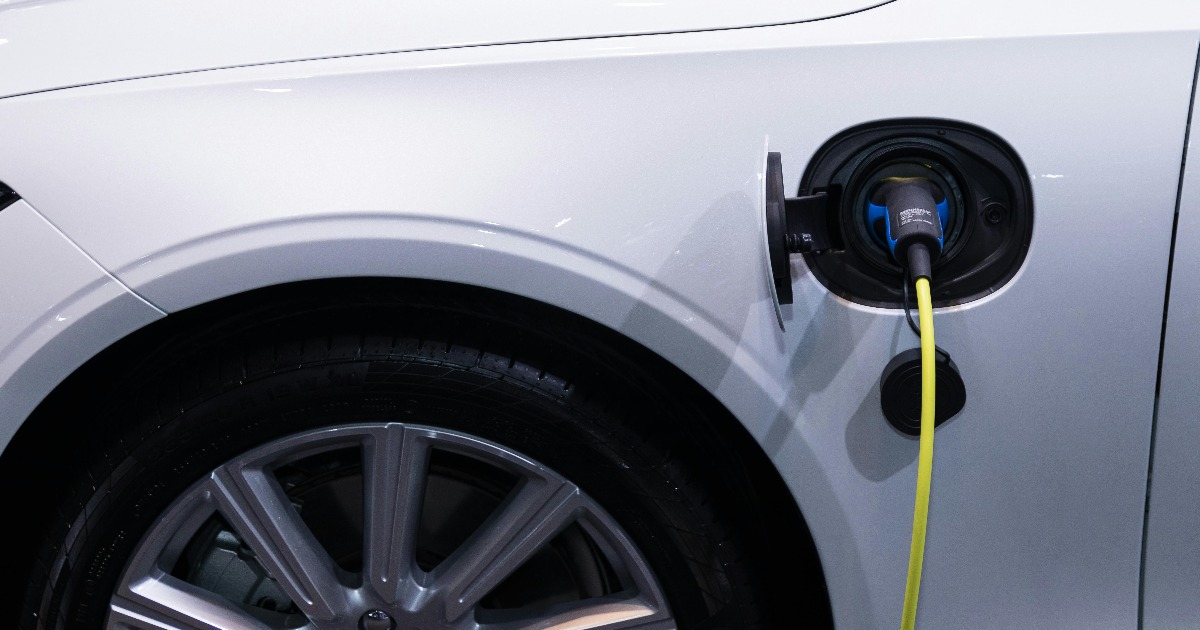Hybrid Vehicles: Advanced Techniques, Challenges and Prospects
A special issue of Applied Sciences (ISSN 2076-3417). This special issue belongs to the section "Mechanical Engineering".
Deadline for manuscript submissions: closed (20 April 2024) | Viewed by 154

Special Issue Editor
Interests: hybrid vehicle powertrain; power-split transmission; CVT’s; planetary gearing; planar mechanisms; mechanical vibrations; energy management strategy
Special Issues, Collections and Topics in MDPI journals
Special Issue Information
Dear Colleagues,
Ground vehicles have contributed to the growth of modern society by enhancing mobility in everyday life. Nonetheless, global warming, air pollution, and the depletion of fossil fuel reservoirs are concerns of paramount importance. Hence, the shift from conventional vehicles powered by an Internal Combustion Engine (ICE) to more sustainable solutions has become more urgent in recent decades. As a result, governments worldwide have established new regulations in order to minimize greenhouse gases and toxic emissions. For example, the European Union member states have approved a plan that would require all new cars and vans sold in the EU to be zero-emission vehicles starting in 2035. Pure Electric Vehicles (EVs) are regarded as the final solution to diminish emissions due to their high onboard energy efficiency and zero environmental pollution during operation. Nonetheless, their driving range, battery life, lengthy duration of recharging, and the lack of charging infrastructure are still critical issues that limit the expansion of EVs in the automotive market. Moreover, some means of transport, such as heavy vehicles, ships, or planes, are unlikely to be easily powered only by batteries in the short term. As a result, until the ultimate establishment of pure electric propulsion, the hybrid electric powertrain appears a feasible solution to replace conventional vehicles and is the most promising solution for applications with a higher demand for driving range and power.
Therefore, this Special Issue aims to collect contributions that address the challenges and opportunities related to advanced hybrid vehicles, ranging from propulsion engineering to the optimization of energy management systems. One crucial aspect is the advancement of hybrid propulsion techniques, which include battery hybrids, plug-in hybrids, hydrogen hybrids, and other innovative solutions. Research proposals that explore the latest innovations in this field and analyze their impacts on vehicle performance, battery range and lifespan, as well as their integration with intelligent charging networks, are particularly welcome. Moreover, the challenges associated with the widespread implementation of hybrid vehicles should not be overlooked. Authors can contribute by providing insights into issues related to charge infrastructure and economic considerations. In addition, it is crucial to address future scenarios for hybrid vehicle development, including trends in the automotive industry, in their design, and in manufacturing innovations, as well as their integration with other emerging technologies such as autonomous driving.
We thank all those participating in this Special Issue and are eager to welcome your ideas and discoveries.
Prof. Dr. Marco Cammalleri
Guest Editor
Manuscript Submission Information
Manuscripts should be submitted online at www.mdpi.com by registering and logging in to this website. Once you are registered, click here to go to the submission form. Manuscripts can be submitted until the deadline. All submissions that pass pre-check are peer-reviewed. Accepted papers will be published continuously in the journal (as soon as accepted) and will be listed together on the special issue website. Research articles, review articles as well as short communications are invited. For planned papers, a title and short abstract (about 100 words) can be sent to the Editorial Office for announcement on this website.
Submitted manuscripts should not have been published previously, nor be under consideration for publication elsewhere (except conference proceedings papers). All manuscripts are thoroughly refereed through a single-blind peer-review process. A guide for authors and other relevant information for submission of manuscripts is available on the Instructions for Authors page. Applied Sciences is an international peer-reviewed open access semimonthly journal published by MDPI.
Please visit the Instructions for Authors page before submitting a manuscript. The Article Processing Charge (APC) for publication in this open access journal is 2400 CHF (Swiss Francs). Submitted papers should be well formatted and use good English. Authors may use MDPI's English editing service prior to publication or during author revisions.
Keywords
- advanced hybrid vehicles
- hybrid propulsion systems, hybrid powertrain, sustainable transportation
- energy management strategy





